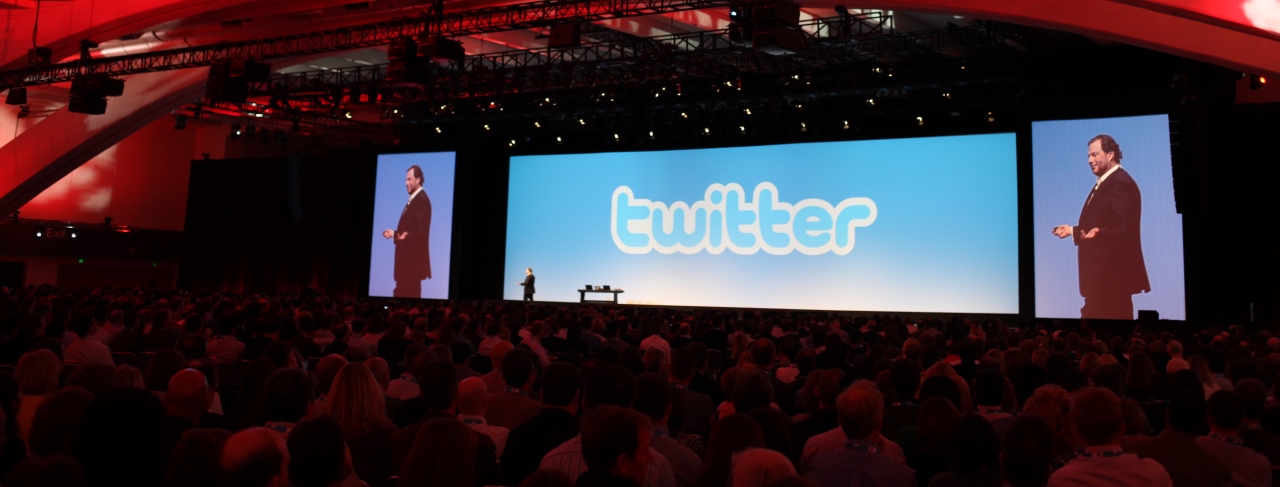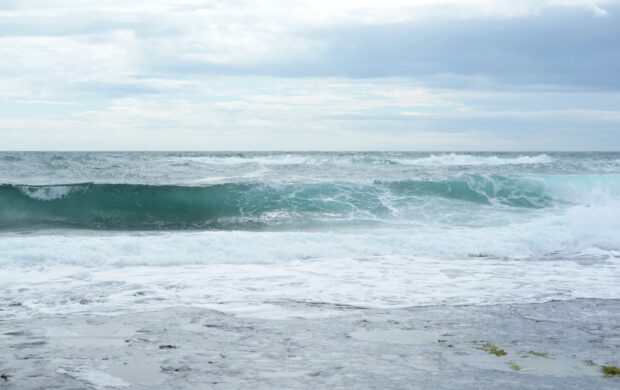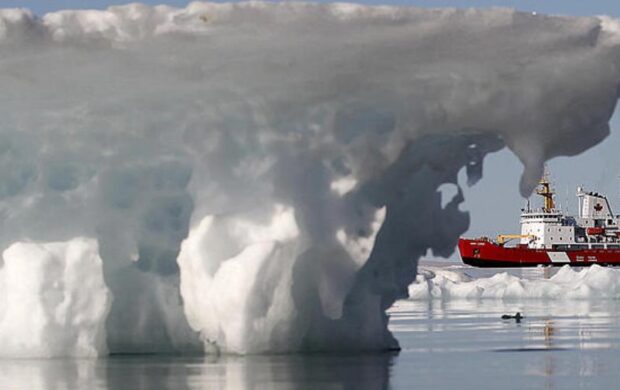In our topic hub on the future of shipping, we’re asking who the future captains of the sea will be, in an era of ultra-transparency.

In an era where transparency has become the rule rather than the exception, boards of directors are starting to evaluate the social media competency of CEO candidates. A December 2014 Harvard Business Review piece shared: “Five years ago… social media competency wasn’t even on the radar. Now, according to the board members and CEOs we interviewed … a strong social presence is often high on the list of factors they consider when vetting CEO candidates.”
In a recent example, AirAsia’s handling of the disappearance of Flight 8501 has drawn favourable comparisons with the diffuse and sometimes contradictory messages that initially followed the disappearance in March of Malaysia Airlines Flight 370. Within hours after the flight’s disappearance, AirAsia founder Tony Fernandes flew to Surabaya, where the flight 8501 originated. He briefed relatives waiting for news and took to Twitter to post a stream of messages linking to the latest statements from AirAsia or offering thanks for messages of support sent to the airline. Crisis management experts have credited Fernandes’ response as a “textbook example” and believe it will prove crucial to the airline’s long-term credibility.
For shipping, the growing use of social media aboard ships (recent research shows >80% of marine crews are active on social media) has lifted the veil on an otherwise “invisible” industry. High profile incidents at sea and the images and videos now appear within minutes on Twitter and YouTube, putting pressure on shipping companies to respond quickly and publicly to prevent the spread of misinformation. Increased visibility of incidents at sea can result in global reaction and opinion, accurate or not, influencing how governments, investors and individuals react. Public expectations of immediate action can result in erroneous responses and exacerbated situations.
Image credit: Robert Scobel / Flickr










